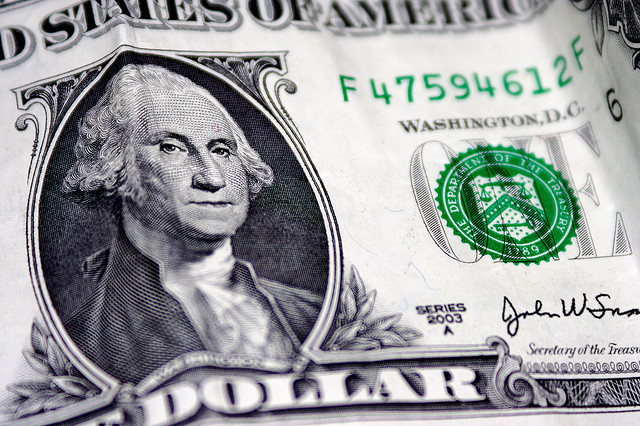On Tuesday, the Massachusetts PRIM Board will vote on whether to give a big raise to PRIM CIO and Executive Director Michael G. Trotsky.
The raise, not including bonuses, would bring his annual salary from $295,000 to $360,000.
It’s a big raise, but the Boston Globe’s Steven Syre makes the case that the salary bump represents a “prudent investment” for taxpayers:
That is certainly a lot of money, nearly twice what Jackson’s commission thinks the governor should be paid. It would put Trotsky’s salary above average — but hardly on the top shelf — among people holding comparable public-sector positions around the country. He will remain wildly underpaid compared with people who do similar work for private companies.
[…]
Like many states, Massachusetts does not have enough money saved to cover pension payments due in the years ahead. The state has made some progress in closing that gap but the investment performance of the existing pension fund is a big part of the equation.
The dollars involved are huge. If the people running the pension fund can add a single percentage point to investment performance in a year, they will contribute an extra $600 million to the state. Mistakes can be equally expensive.
Pension fund executives do not manage money themselves. They allocate it to many different kinds of assets and then choose a long list of private firms to do the investing. This year, they have been moving money to become more conservative after years of strong financial markets.
Trotsky left the hedge fund world to become executive director of the state pension fund four years ago. Two years later, the fund’s chief investment officer left, and Trotsky took over those duties, too. He was paid another $50,000 for the added job, which would have cost well over $200,000 a year to fill, but otherwise has not gotten a raise since he arrived.
The fund’s investment performance has been good over the last four years, averaging more than 13 percent annually in strong financial markets. One point of reference: The investments outperformed Harvard’s endowment in each of those years.
Taxpayers have a lot at stake in the state pension fund. It’s a prudent investment to pay the people who manage your money.
The Pension Reserves Investment Management (PRIM) oversees management of $60 billion of the state’s pension assets.
